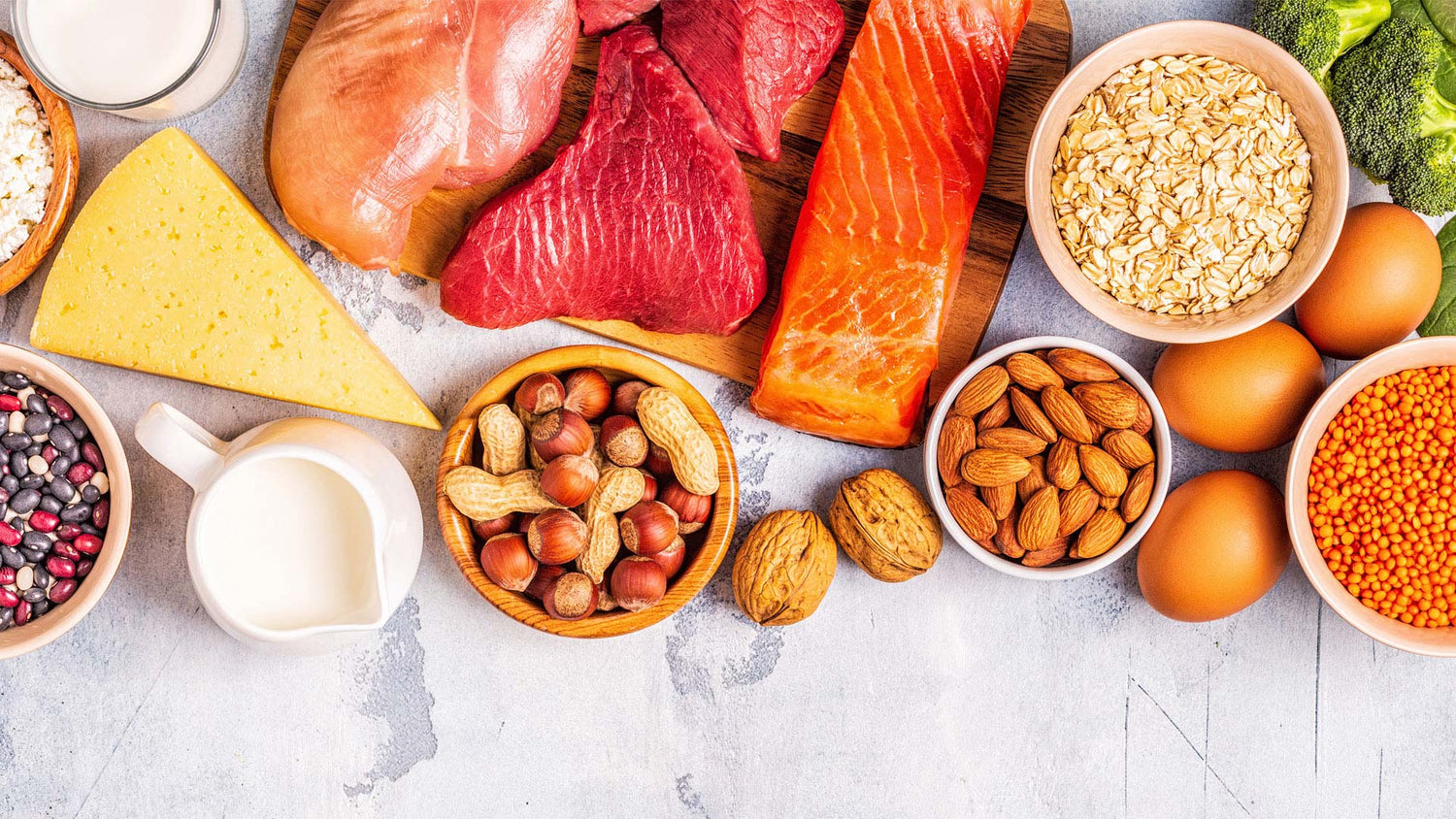Enzymes are tiny protein molecules that play a huge role in our bodies. They help speed up chemical reactions that keep us alive and healthy. From digesting our favorite nasi lemak to giving us energy for daily activities, enzymes are always hard at work.
But did you know that different factors can affect how well enzymes work? Let's explore the fascinating world of enzymes and learn about the key factors affecting enzyme activity.
What Are Enzymes?
Enzymes are special proteins that act like tiny machines in our cells. They have a special area called the active site, which fits perfectly with specific molecules called substrates. When an enzyme and substrate come together, they form a temporary partnership called the enzyme-substrate complex. This allows chemical reactions to happen much faster than they would on their own.
Some enzymes need helpers called cofactors (like metal ions) or coenzymes to work properly. Together, they form a powerful team that can carry out all sorts of important jobs in our body.
For More Read: Enzyme Function: Unlocking the Power of Biological Catalysts
Types of Enzymes and What They Do
There are many different types of enzymes in our body, each with its own special job:
1. Digestive enzymes: These break down the food we eat
- Amylase breaks down carbs in our mouth
- Pepsin tackles proteins in our stomach
- Lipase works on fats in our small intestine
For More Read: Enzyme Digestion 101: Your Guide to Better Gut Health
2. Metabolic enzymes: These keep our body's internal factory running smoothly
- ATP synthase produces energy for our cells
- DNA polymerase helps copy our DNA
- Cytochrome c oxidase helps our cells use oxygen
Other important enzymes:
- Antioxidant enzymes protect our cells from damage
- Proteases break down proteins for various body processes
- Isomerases help convert molecules from one form to another
Factors Affecting Enzyme Activity
Now, let's look at the main factors that can affect how well enzymes work:
Temperature
Enzymes are sensitive to temperature changes. They work best at our normal body temperature (around 37°C). When it's too cold, enzymes slow down. When it's too hot, enzymes can lose their shape and stop working properly. This is why we might feel sluggish in very cold or hot weather.
pH
The pH level (how acidic or alkaline something is) can change the shape of enzymes. Each enzyme has its preferred pH level:
- Pepsin in our stomach likes very acidic conditions
- Trypsin in our small intestine prefers slightly alkaline conditions
Our digestive system is a great example of enzymes working at different pH levels:
- Mouth: near-neutral pH
- Stomach: highly acidic
- Small intestine: alkaline
Enzyme Concentration
Just like how more hands make light work, having more enzymes can speed up reactions. Our body sometimes produces more enzymes when needed, like after a big meal.
Substrate Concentration
The amount of substrate (the substance enzymes work on) also affects enzyme activity. It's like a busy food stall – it can serve more customers when there's a queue, but only up to a point. Once all the enzymes are busy, adding more substrate won't speed things up further.
Salt Concentration
The amount of salt around enzymes can affect how well they work. This is especially important in Malaysia's hot climate, where we lose salt through sweating. Keeping the right balance of salts in our body is crucial for enzymes to work properly.
How Enzyme Activity Affects Our Body
Enzymes play a vital role in many important processes in our body:
1. Metabolism and Energy Production
- Breaking down glucose for quick energy
- Producing most of our body's energy through complex reactions
2. Digestion and Nutrient Absorption
- Breaking down carbs, proteins, and fats from our food
- Helping our body absorb essential nutrients
3. Cellular Communication and Regulation
- Helping transmit signals within cells
- Producing and breaking down hormones
- Enabling brain function through neurotransmitters
Real-World Applications of Enzyme Knowledge
Understanding enzymes isn't just about biology – it has many practical uses in our daily lives:
1. Medical Treatments and Diagnostics
- Enzyme replacement therapy for genetic disorders
- Diagnostic tests for conditions like liver disease
- Some cancer treatments that target specific enzymes
2. Food Industry
- Making cheese and fruit juices
- Tenderizing meat
- Creating lactose-free dairy products
3. Biotechnology and Research
- Genetic engineering
- Biofuel production
- Creating custom enzymes for industrial use
4. Household Products
- Laundry detergents that remove tough stains
- Contact lens cleaners
- Eco-friendly drain cleaners
5. Agriculture
- Some pesticides for crop protection
- Improving animal feed
- Treating soil to improve fertility
Conclusion
Enzymes are truly amazing molecules that keep our bodies running smoothly. By understanding the factors affecting enzyme activity, we can appreciate how our bodies adapt to different conditions – whether we're enjoying a spicy curry that changes our stomach pH or exercising on a hot day that raises our body temperature.
From the hospital to the hawker center, enzymes play a crucial role in many aspects of Malaysian life. As we continue to learn more about enzymes, we open doors to new innovations that could improve healthcare, boost our industries, and even help protect our beautiful Malaysian environment.
So the next time you enjoy a steaming plate of nasi lemak or take medicine for a headache, remember the tiny enzyme workers making it all possible. These microscopic marvels, influenced by factors like temperature and pH, are the true unsung heroes of our biological world.
Dr.Ann SlimZyme Probiotics Complex 15's
- Probiotic Enzyme Jelly
- Metabolic Boost · New Fiber Comfort
- Musk Grape Flavor
- Enzyme Probiotic Formula
- Carefully Selected Plant-Based Ingredients
References:






